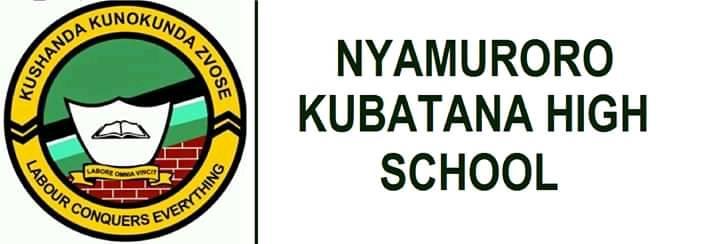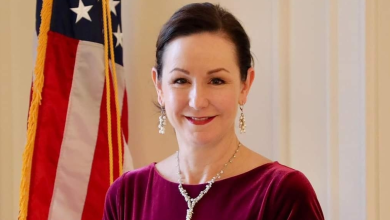Nyamuroro High School Hosts National Children’s Party Ahead of Zimbabwe’s 45th Independence Day

As Zimbabwe approaches its 45th Independence Day on April 18, 2025, Nyamuroro High School in Nembudziya, Gokwe North, becomes the focal point of national celebrations by hosting the National Children’s Party on April 17. This annual event, hosted by President Emmerson Mnangagwa and First Lady Dr. Auxillia Mnangagwa, underscores the government’s commitment to youth inclusion in national milestones.Chronicle
A Celebration of Unity and Youth Empowerment
The National Children’s Party has evolved into a cherished tradition, symbolizing the nation’s dedication to nurturing its young citizens. This year, over 3,050 child delegates from all ten provinces are expected to participate, engaging in cultural performances, educational activities, and interactions with national leaders. The event serves as a platform for children to learn about Zimbabwe’s history and their role in shaping its future. Chronicle+6zimbanews.co.zw+6-+6
Infrastructure Development in Gokwe North
In preparation for the celebrations, the government has initiated significant infrastructure projects in Gokwe North. This includes the construction of state-of-the-art boys’ and girls’ hostels at Nyamuroro High School to accommodate the child delegates. Additionally, 110 boreholes have been drilled across Gokwe North and South districts to ensure a steady supply of clean water, with three specifically at the event sites. Herald Online+10-+10Zimbabwe Situation+10Zimbabwe Situation+1Zimbabwe Situation+1
Decentralizing National Celebrations
Hosting the Children’s Party in a rural community like Nembudziya aligns with the Second Republic’s strategy of decentralizing national events. This approach aims to promote equitable development and foster a sense of national pride among all citizens, regardless of their location. The theme for this year’s celebrations, “Zim@45: Devolve and Develop Together Towards Vision 2030,” reflects this commitment. Herald+1Herald Online+1ZBC News+6Herald Online+6-+6
Engaging Activities and Entertainment
The Children’s Party promises a vibrant lineup of activities, including music, cultural performances, and sports. Notably, football matches featuring Herentals Queens and Black Rhinos will be part of the festivities, providing entertainment and promoting sportsmanship among the youth. -+1zimbanews.co.zw+1
Looking Ahead
As the nation celebrates its independence, the focus on youth empowerment and regional development highlights Zimbabwe’s dedication to building a prosperous future. By involving children in such significant events, the government emphasizes the importance of nurturing the next generation of leaders.




